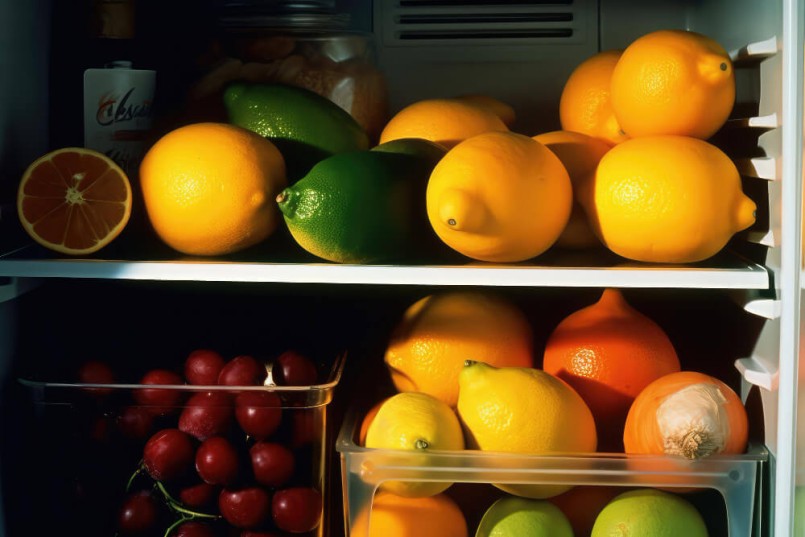
Lemons are versatile citrus fruits that have secured a permanent spot in many households. They are not just a tasteful addition to a multitude of dishes, but also serve as an effective natural remedy for various household chores. However, like with many types of fruit, poor preservation can lead to a loss of taste, texture, and nutritional benefits. In this article, we explore the pros and cons of storing lemons in the fridge, and provide tips on how to keep these tart fruits fresh for longer.
Shelf Life:
When lemons are stored at room temperature, as is often the case in supermarkets, their shelf life is limited to about a week. However, by storing lemons in the fridge, they can retain their freshness for up to a month. This is a significant extension of shelf life, which is especially handy for those who like to have a stock of lemons on hand.
Taste and Texture:
The fridge not only helps to keep lemons fresh for longer, but also maintains their juicy texture and tangy taste. While the cold temperature may reduce the softening and dehydration of the skin, the taste and nutritional value of the lemon remain intact.
Nutritional Value:
Lemons are an excellent source of vitamin C, an antioxidant that helps fight free radicals and support a healthy immune system. Keeping lemons cool ensures that this essential nutrient is preserved, allowing you to benefit from the health advantages of the fruit for longer.
Storage Tips:
It's advisable to store whole lemons in the vegetable drawer of the fridge, without putting them in plastic bags, as this can retain humidity and promote mold. Avoid placing lemons next to fruits that emit ripening gas, such as bananas and tomatoes, to prevent premature spoilage. Once lemons are cut, it's best to store them in an airtight container to prevent dehydration, although the shelf life is then limited to just a few days.
Environmental Considerations and Alternative Storage Methods:
Although storing lemons in the fridge consumes energy, there are also other storage methods such as freezing lemon wedges or slices for later use. This can be a more energy-efficient option in the long term, especially if you have space in your freezer and buy lemons in bulk.
Conclusion:
Storing lemons in the fridge is an effective way to maintain their freshness, taste, and nutritional value. By following the right storage methods, you can enjoy these sour and refreshing fruits for longer, while also maximizing the nutritional benefits. It's worth making some room in your fridge for lemons, and with a few simple steps, you can prevent them from spoiling too quickly.
